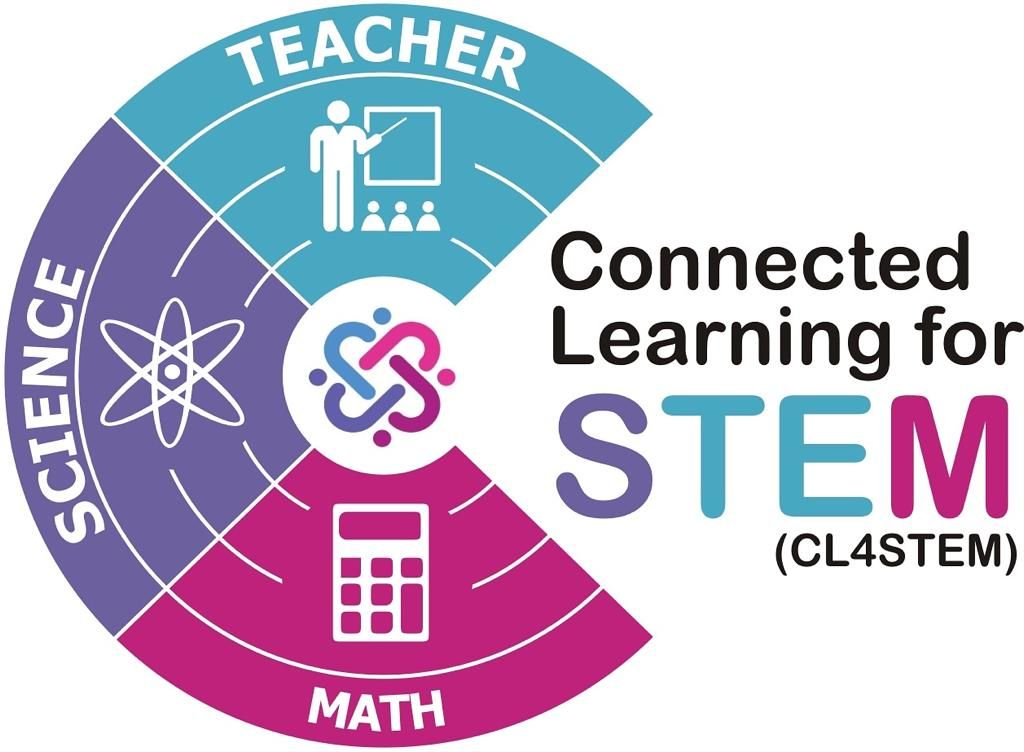I am fortunate enough to be chosen as one of the research participants for CL4STEM project which is piloted in three countries: Bhutan, Nigeria and Tanzania to bring research-based innovations for professional development of science and mathematics teachers. Since learning science plays a pivotal role in nation building, it is crucial for the STEM educators to be fully equipped with the emerging pedagogies and ICT to enable our children develop scientific knowledge and skills. Hence, this project ‘CL4STEM’ has come in handy during the transitional stage of the Bhutanese Education System where the major reformation of education has just begun.
As the name suggests ‘Connected Learning for STEM’, it is certain that scientific innovations across different countries can be brought together in training and upscaling the professional development of the educators across the participating countries. I, as one of the participants wish to learn the ways and means to make science learning easy, appealing and the most sought subject for our children. Similarly, given the opportunity, I wish to see how I can break the taboo of our students towards science learning and make them genuine lovers of STEM subjects.
Having attended the introductory and the first module ‘Introduction to Genetics and Hereditary’, I have learned that science teaching-learning can be made interactive and fun. The content of the subject can be made easy and palatable through the infusion of ICT as a tool for learning and teaching. Furthermore, the varied ways of content display have enabled me to understand the concepts clearly and also served the purpose of clarifying some of the misconceptions that I had over time. In addition, it has taught me how well the technologies can be intertwined with the content, making the concept clear, engaging and critical for the learners.
The CL4STEM project has taught me numerous lessons, out of which the most insightful thing was the infusion of ICT in content delivery. Taking the lesson from the course, I could design and deliver my lessons through ICT infusion. For example, certain information input along with pertinent interactive videos were designed and projected in a common forum through the projector. Similarly, students were made to attend polls, short answer questions, opinion seeking questions and their takeaway points from every component of the lesson live using the apps such as poll everywhere and mentimeter. Furthermore, the videos and virtual simulations were made interactive to enable students to learn the concept meaningfully.
On the other hand, making students learn the concept through various ways and means was another thing that has caught my attention. To materialize this intent, I have made every student explore different ways to gather information such as from internet, reference books, experts and from the lived experiences. Students were made to deliberate and discuss their ideas, critique each other, solve questions, design models and present their works to authenticate their learning. This way, I think it has helped in achieving the nature of science learning: i.e through measurement, observation, experimentation and argumentation. The following are some of the pictorial evidences of the lesson delivered using ideas from CL4STEM project.
The modular based Open Educational Resources (OERs) course that Samtse College of Education has developed organically by our own Bhutanese teacher educators as part oft he CL4STEM project is the most apt course that every STEM educator must attend for our continuous professional development and learning for a technology enhanced educational practice. However, reaping the utmost product out of this course demands the use of facilities such as uninterrupted internet connection, enough computers, laptops, projectors or mobile phones and sound knowledge on ways to infuse ICT in lessons. Considering the current status of the availability of such ICT infrastructure facilities in the school, it sometimes poses some challenges in executing the lesson as planned. Nonetheless, this course has impacted me in all the three domains: cognitive, psychomotor and affective and I wish to continue attending such courses in the near future as well to equip myself not just for my own professional learning and growth but for the benefit of my learners, who are going to be our future leaders and custodians of the country.
The modular based Open Educational Resources (OERs) course that Samtse College of Education has developed organically by our own Bhutanese teacher educators as part oft he CL4STEM project is the most apt course that every STEM educator must attend for our continuous professional development and learning for a technology enhanced educational practice. However, reaping the utmost product out of this course demands the use of facilities such as uninterrupted internet connection, enough computers, laptops, projectors or mobile phones and sound knowledge on ways to infuse ICT in lessons. Considering the current status of the availability of such ICT infrastructure facilities in the school, it sometimes poses some challenges in executing the lesson as planned. Nonetheless, this course has impacted me in all the three domains: cognitive, psychomotor and affective and I wish to continue attending such courses in the near future as well to equip myself not just for my own professional learning and growth but for the benefit of my learners, who are going to be our future leaders and custodians of the country.
Norbu Gyeltshen, Teacher,Peljorling Higher Secondary School





